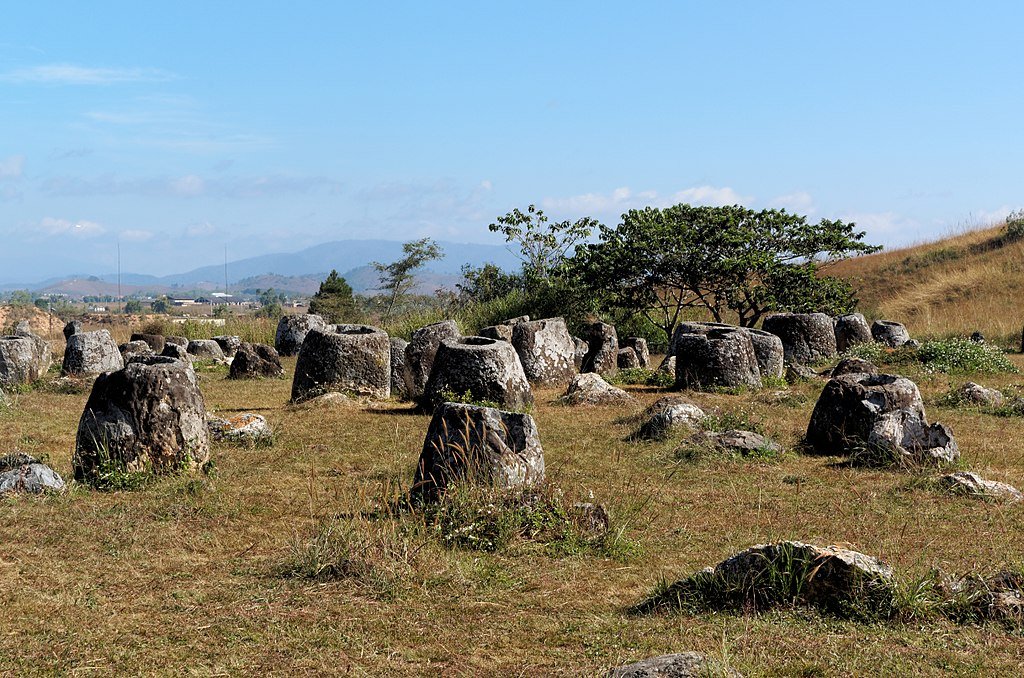Arctic sea ice is disappearing at an alarming rate due to climate change, with scientists predicting the first ice-free summer could occur before 2030. In response, researchers are testing innovative technologies to slow ice loss and potentially regrow Arctic sea ice, raising questions about the feasibility and ethics of climate intervention.
The Technology Behind Ice Regeneration

A UK-based nonprofit, Real Ice, is pioneering a method to thicken Arctic ice using hydrogen-powered pumps. These pumps extract seawater and spread it over existing ice, allowing it to freeze and strengthen the ice sheet. Initial tests show that pumping just 10 inches of seawater onto the ice can increase its thickness by up to 80 inches, mimicking the properties of older, multi-year ice.
Potential Benefits and Climate Impact
Restoring Arctic ice could help mitigate global warming by preserving the region’s ability to reflect 80% of the sun’s energy back into space. Without ice, the dark ocean absorbs heat, accelerating climate change. Scientists estimate that complete ice loss could add the equivalent warming of 25 years of carbon dioxide emissions.
Challenges and Ethical Considerations
While ice regeneration technology offers hope, experts debate whether such interventions could have unintended consequences. Some fear that manipulating natural systems may disrupt Arctic ecosystems or create unforeseen climate effects. Researchers emphasize the need for long-term studies to assess risks before large-scale implementation.
Future Research and Scaling Efforts
Real Ice plans to expand its testing with underwater drones that can autonomously detect ice thickness and pump water as needed. The results of their latest field tests, conducted across half a square mile in the Canadian Arctic, will be analyzed in June 2025 to determine the viability of scaling up the technology.
Conclusion

The race to preserve Arctic ice is entering a new phase, with technology offering potential solutions to slow its decline. While promising, these interventions require careful study to ensure they benefit the planet without unintended consequences.
Source:





